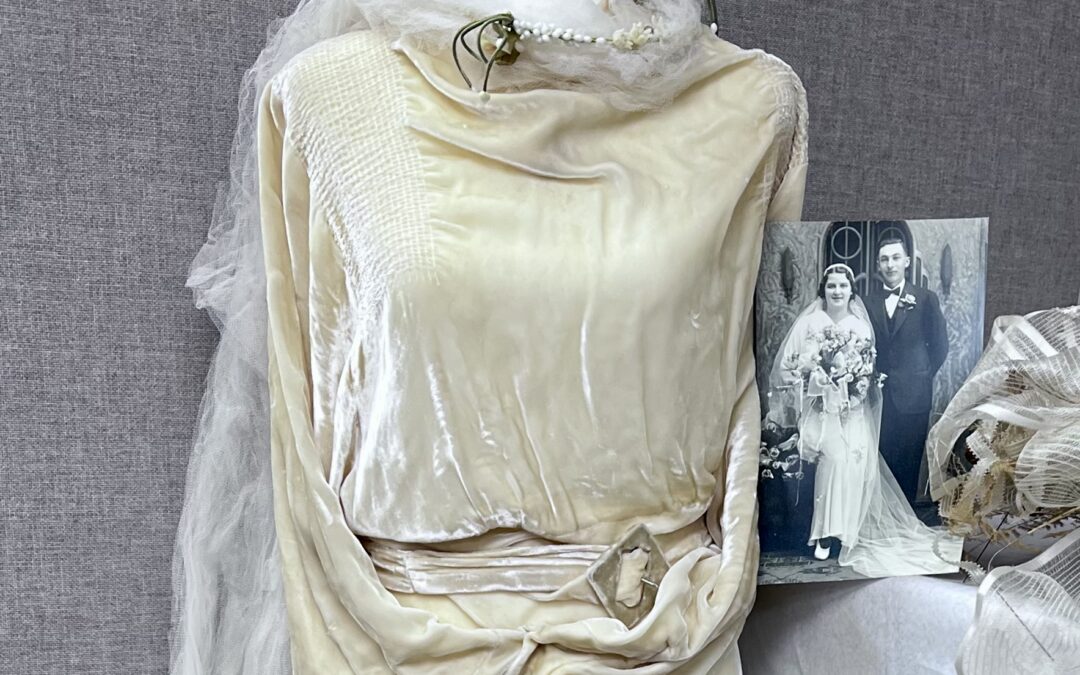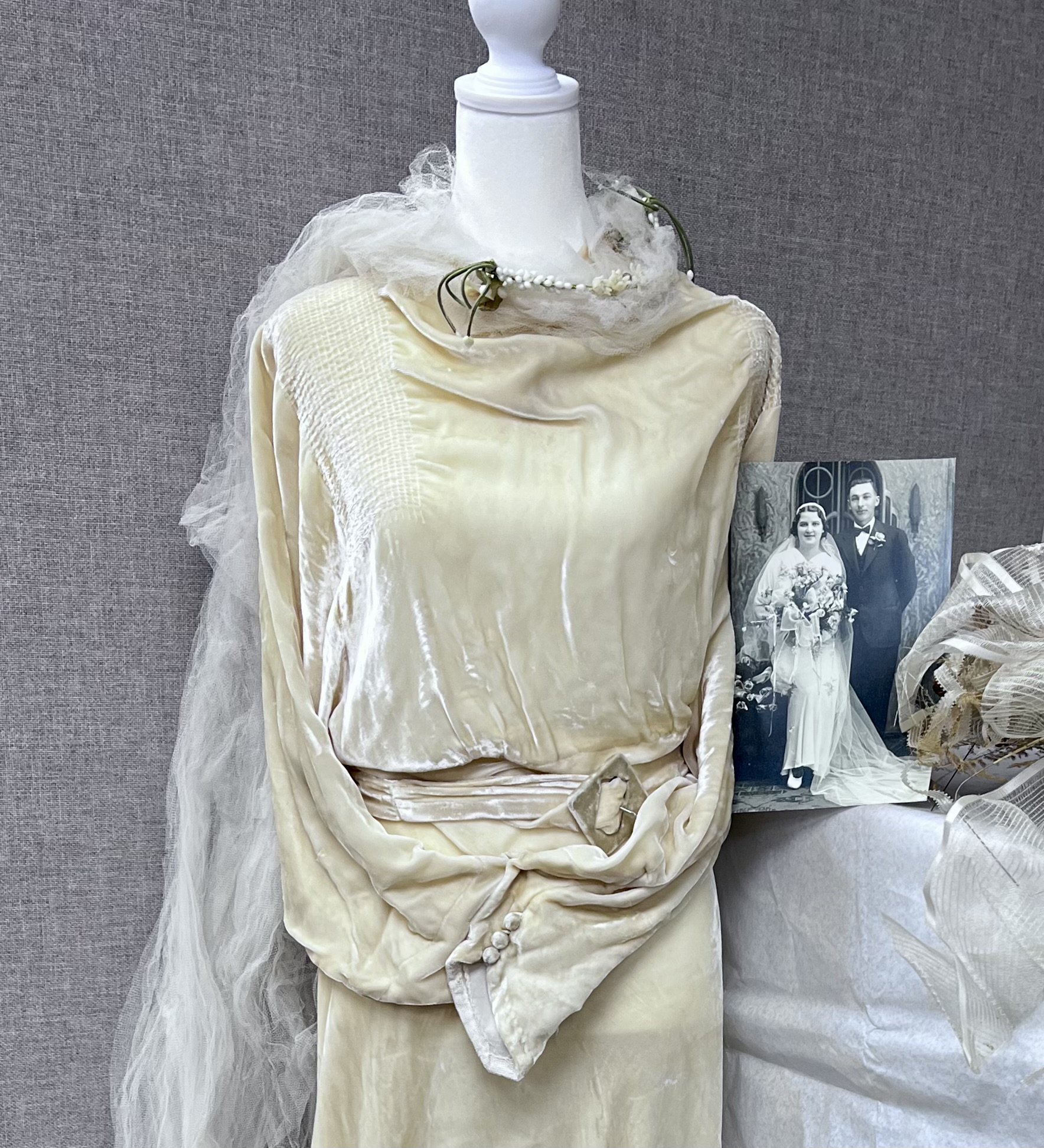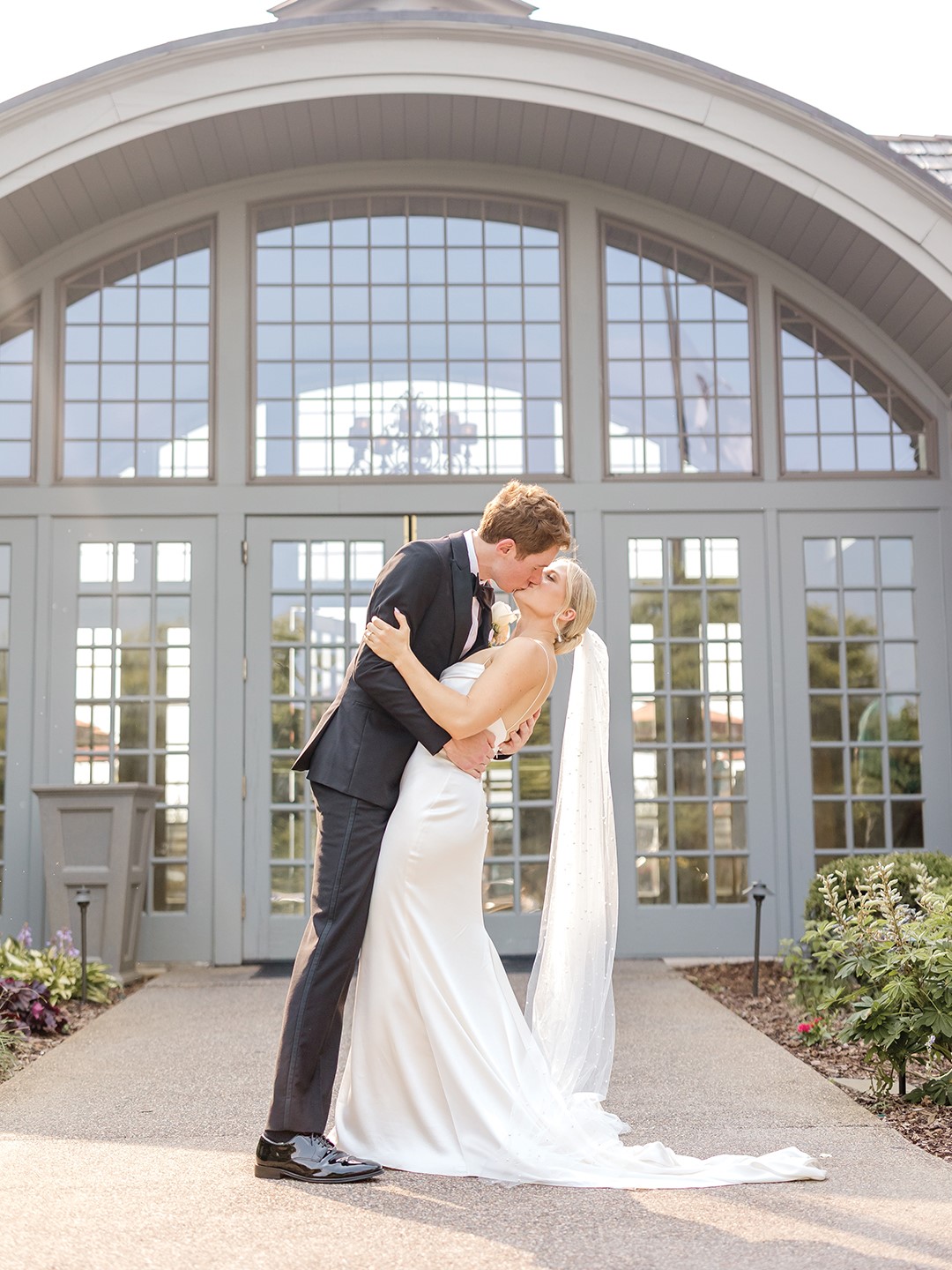
He also calls Maple Grove home.
Scott Hansen pulled up to El Rodeo’s in a brand new truck. As the manager of the local Mexican restaurant approached the table of one of his favorite regulars, Hansen exchanged greetings with him in Spanish before referring to his new toy outside. “It’s only got 20 miles on it,” Hansen says. “I just got it yesterday. We’ll go for a ride later.”
There was only a slight pause before he leaked the whole story. “You see, my son blew up his car. His engine blew up, so I have to get him a car. So he’s getting my old car, and I get a new car,” Hansen explains with a menacing laugh. “I couldn’t have planned it better.”
This is classic Scott Hansen. The five-time Minnesota Comedian of the Year is quick to find the humor in all things. After all, it’s his job. But, all jokes aside, he’s quicker to make family his top priority—even when there’s no four-wheel bonus.
Family First
Although his resume is highlighted by performances with Jay Leno, Jerry Seinfeld, Tim Allen, Roseanne Barr and Tom Arnold, there aren’t many people who have turned down more lucrative jobs than Hansen. Comedy gigs and TV writing opportunities with many of those names also came and went untouched. But Hansen, who raised three children—Nick, Annemarie and Andy—with his wife Michele in Maple Grove, was never willing to put his kids through the duress of changing schools and moving away from their friends and extended family.
“What was important for our children was what drove his business decisions,” says Michelle, who has been married to Scott for 32 years. “Very much from his own experience, growing up, and his folks moved here from Wisconsin—I think how disruptive that was to Scott. It left quite a memory with him, and he really didn’t want to do that to our kids. Being close to grandparents and extended family was very important to both of us. He really thought that needed to be a priority for our children, too.”
Like he did with his children, Hansen played a key role in raising the live comedy scene in Minnesota. In 1978, Hansen was part of a core group of comedians that included Louie Anderson, Bill Bauer and Jeff Gerbino, who were starting out as stand-up comics at a hole-in-the-wall bar in Minneapolis called Mickey Finns.
“There was this automatic bond because here we are, a bunch of people trying to do something that was pretty new for the Twin Cities and definitely really new for all of us,” remembers Anderson. “It was really interesting because we were all different. That was probably the biggest advantage that we had. I’d say Scott definitely was a really great character as far as joke writing. He was the guy that definitely knew how to deal with the local flavor, which I really learned a lot from.”
Anderson and Hansen remain close friends and appear as recurring guest-hosts on the KQRS Morning Show. But Anderson, who has homes in Los Angeles and Las Vegas, took a different path than Hansen, pursuing a more nationally-famed career highlighted by a few TV shows, books and currently a five-night a week show at the Excalibur Hotel and Casino in Las Vegas. While Anderson still considers himself a bit of a hometown boy, he says Hansen really owns that title.
“Scott’s the kind of guy a town names something after,” Anderson says. “Here’s a guy who could have been very nationally known, who chooses to raise his family and have that deal. I respect him for his decision … I think Scott wanted to be a dad, a husband and then a comic. It’s a cool thing.”
Hansen took with him a valuable piece of advice he gathered when first talking to the late comedy legend Rodney Dangerfield. Hansen explained that he didn’t have any longtime friends from his childhood because he moved around a few times, and he didn’t want to put his kids through that. “[Dangerfield] said, ‘You can be a star where you are. You set the level of your own success,’” Hansen remembers.
Learning from Laughs
When trying to pinpoint the spark that ignited his comedic inspiration, Hansen recalls the relationship he had with his father, Don. “My dad and I fought a lot—he was a good dad, but we had a typical father-son relationship,” Hansen says. “But when I could make him laugh, I felt really good.”
Growing up, Hansen also used comedy as an outlet for social relationships at school, whether it was peppering a writing assignment with humor or using his quick wits to defend himself or win over classmates with laughs. “It was a defense mechanism growing up as a bigger kid: If I could get to the joke before the other kid did, it didn’t hurt as bad,” Hansen says. “Comedy is really about acceptance. People don’t realize that. Each time a comic tells a joke, he’s laying himself out there.”
Comedy is a true labor of love for Hansen, but it didn’t develop without its obstacles. For example, a fear of public speaking is something that hasn’t ceased to haunt him. “I’m still terrified,” admits Hansen, who says he nearly failed his high school speech class. “The fear I have now, I can deal with because you hide behind it and you gain confidence in what you’re doing. I’m not where I used to be. When I started out, I wanted to do this really bad, but it was probably six weeks from the first time I said I wanted to try it when I actually got on stage.”
Michelle still remembers her husband’s bouts with anxiety when he first started doing standup. “I’d go down to the basement or upstairs or actually even leave the house with the kids,” she says.
Hansen mastered his plan of memorizing a routine he always kept in the back of his mind to fall back on, which built his confidence in his material and helped him adapt to an anxiety he believes is caused by insecurity. “You’re being judged while you’re up there,” Hansen explains. “I think doing comedy made it easier for me, being able to tell the jokes and have some confidence in what you’re doing. I know when I go up there, there are certain things I say that 100 percent of the time are going to get the response I want. When you’ve got that, it makes it a lot easier to speak in front of people.”
Audience Antics
Nowadays, the fear belongs to the brave audience members who sit in the front row of Hansen’s shows. Hansen, who helps his brother Tom operate the Comedy Gallery at the Holiday Inn in St. Paul, the Minnesota Comedy Club at Welsch’s Big Ten Tavern in Arden Hills and the full-service entertainment agency Comedy Gallery Talent Inc., still performs at comedy clubs, corporate events and community organization galas. The meat and potatoes of most of his shows stem from audience participation, or to put it more bluntly, audience prodding.
“It’s a strange conundrum because there are people who will battle for that front table when I’m on stage, and then I’ll come and do a show and it’s completely empty in the front row,” says Hansen. “I don’t try to hurt people and destroy them as much as take what they give me and play with it a little bit.”
“Scott is really a craftsman and a technician,” Anderson adds. “Scott’s comedy comes from pointing out really great observational things—and then slamming you over the head with them.”
In addition to his shows, Hansen is taking time to focus on filtering his humor into writing, whether it is essays, a tongue-and-cheek column he’s doing for a radio station or a book he has in the works about his childhood. There never has been a shortage of work available for Hansen’s talents. And now that his kids are in their 20s, Hansen says his future is open.
“My kids are all gone now and people say, ‘do you want to do something new?’ I say, ‘yeah, I might.’ Maybe this is a time when I can do something like that. If you’re going to be a star and make money in it, you’ll do it when you can. I’ve made a good living off it. I’m not going to complain. I’m not a rich guy, but my bills are paid. And I got a new truck.”
Being a family man still has its perks.






















